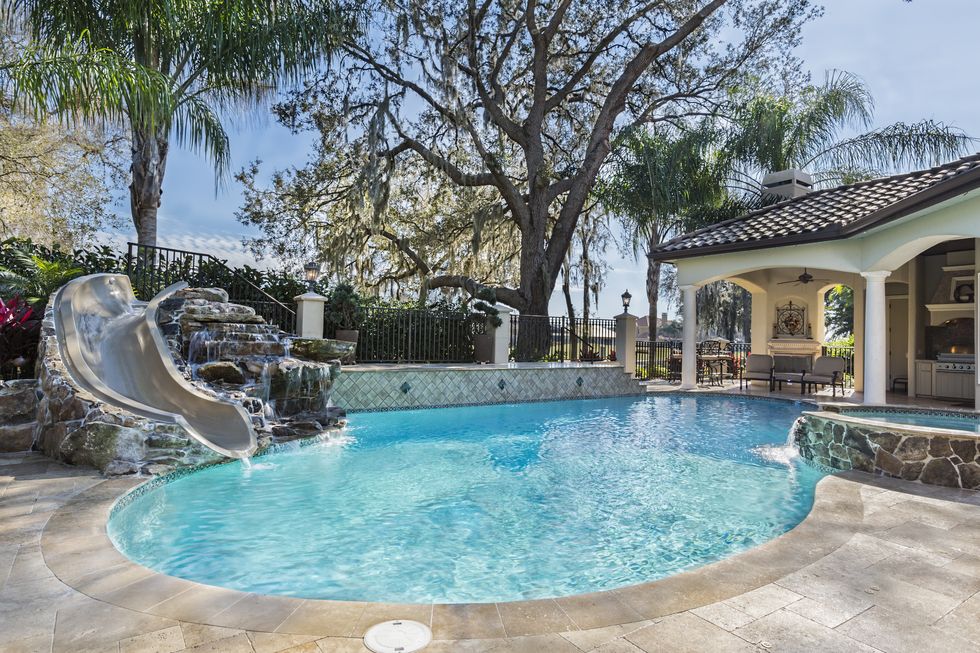Having a pool in your own backyard is a dream come true for many homeowners. It provides a place to relax, cool off, and enjoy quality time with family and friends. But when it comes to choosing the right pool for your home, there are several factors to consider, including the type of water you want to swim in.
Chlorine Pools
Chlorine pools are the most common type of pool found in residential properties. They use chlorine as a disinfectant to kill bacteria and keep the water clean and safe. Chlorine is effective in killing pathogens and preventing the growth of algae, which can turn your pool into a green mess.
One advantage of chlorine pools is their affordability. They tend to have a lower upfront cost compared to other options. Additionally, chlorine is readily available and easy to use, making swomming pool maintenance relatively simple.
However, there are also some downsides to consider. Chlorine can irritate the skin, eyes, and respiratory system, especially in people with allergies or sensitivities. The smell of chlorine can also be strong and unpleasant, and some people might find it off-putting.
Saltwater Pools
In recent years, saltwater pools have gained popularity among homeowners. Despite the name, saltwater pools do contain chlorine, but in a different form. Instead of adding chlorine directly to the water, saltwater pools use a chlorine generator to convert salt into chlorine through a process called electrolysis.
One of the main benefits of saltwater pools is the reduced amount of chlorine needed. This can result in a more pleasant swimming experience, as the water feels softer and less harsh on the skin and eyes. Many people also find the absence of that strong chlorine smell to be a major advantage.
Another advantage of saltwater pools is the potential for lower maintenance. While saltwater pools still require regular monitoring and cleaning, they generally require less frequent testing and chemical adjustments compared to traditional chlorine pools.
However, it's important to note that saltwater pools do come with their own set of considerations. The initial cost of installing a saltwater system is usually higher than that of a traditional chlorine system. Additionally, the salt used in the pool can cause damage to certain materials and equipment if not properly maintained.
Making Your Decision
When deciding between a chlorine pool and a saltwater pool, there are a few key factors to consider:
- Personal Sensitivities: If you or your family members have allergies or sensitivities to chlorine, a saltwater pool may be a better option.
- Upfront Cost: Consider your budget and how much you are willing to spend on the initial installation.
- Maintenance: Think about how much time and effort you are willing to put into maintaining your pool.
- Swimming Experience: Consider the feel of the water on your skin and the smell of chlorine.
Ultimately, the decision between a chlorine pool and a saltwater pool comes down to personal preference. There is no right or wrong answer, and both options have their own advantages and disadvantages. It's important to do your research, consult with pool professionals, and weigh the pros and cons before making a final decision that suits your needs and preferences.

